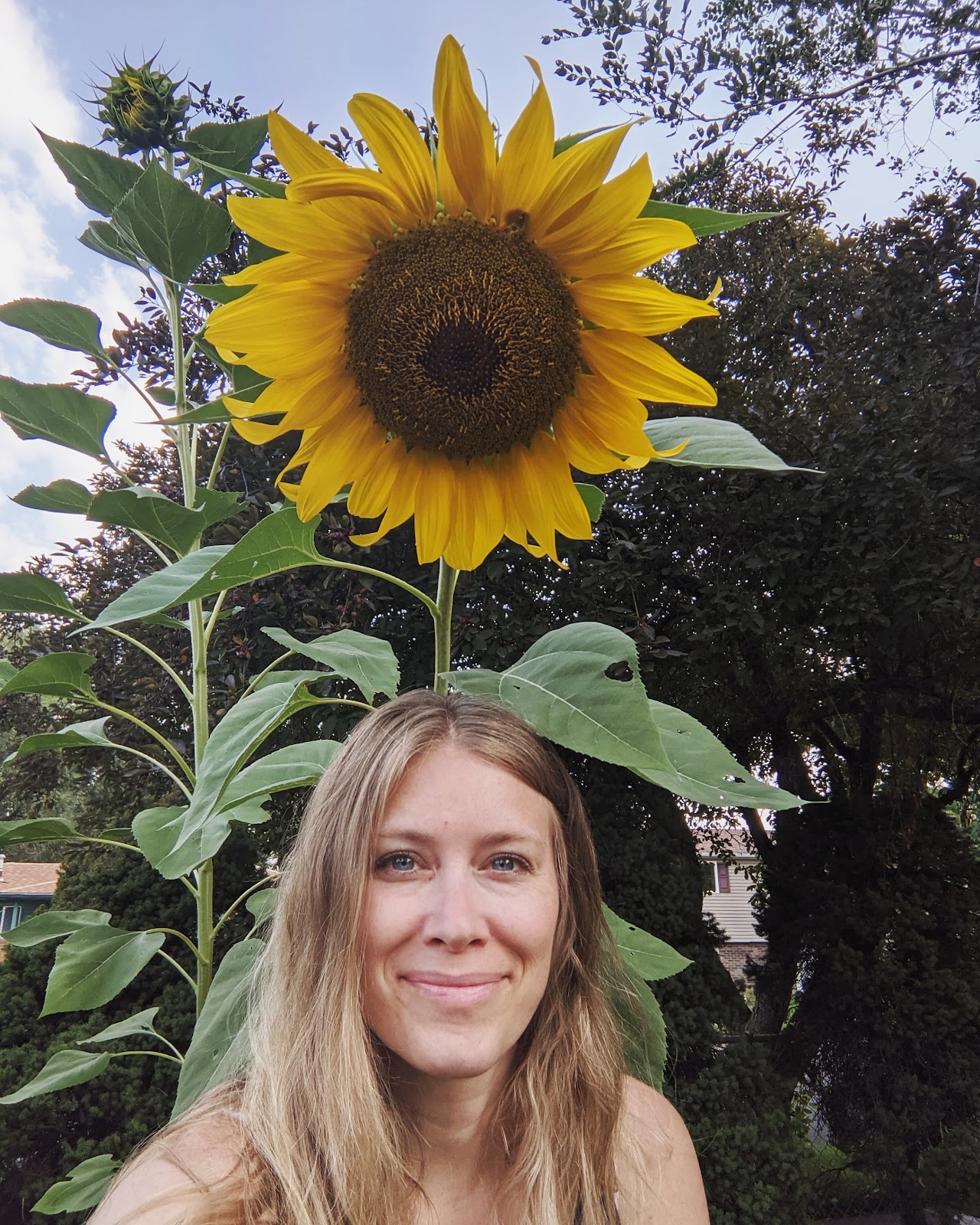Helloooooo, harvest season! It's hot out there, and the veggies are ready for the picking! Let's get into what tasks you can do for your garden this month.
HARVEST REGULARLY
Make sure to check your garden every few days at this time of year. Your summer veggies are ripening almost daily, and regular harvests will keep your plants productive. Tomatoes can be ripened on the counter in your kitchen if picked a little early, but they taste best when vine ripened. Melons are ready to harvest when the stem easily breaks from the fruit. Peppers can be harvested green or the color they're supposed to turn, just clip the stem a little above the fruit. Cucumbers and zucchini are ready to harvest when 6-8 inches long. Avoid letting them get too big or they'll be seedy and less flavorful. Carrots are ready when they're an inch across. Beans are ready when their pods are 4-6 inches long. Onions are ready shortly after their tops fall over. Harvest kale leaves regularly, and somewhat small to avoid them getting tough and bitter.
STORAGE
There are so many ways you can store your harvests if you don't plan to eat them right away. Canning, drying, freezing, etc, are all great options for winter storage. Make sure to spend some time this month taking care of the excess. If you don't have room for it all, you can donate it to local food pantries and food banks. Local city programs can always use fresh produce.
GARDEN MAINTENANCE
Plant mums and other fall bloomers. You should see them popping up in garden centers around now. This is a great time of year to plant evergreens, because they'll have enough time to develop healthy roots before the freeze. If you are growing fall vegetables, keep planting them throughout August, these would be similar to what you grew in spring, including: lettuce, kale, radishes, spinach, and beets. If you're fertilizing your roses, fertilize them for the last time this year. If your lawn is still growing in the hot weather, make sure not to cut it too short, and you can even stop mowing if it seems to stop growing. Keep up on weeding so they don't go to seed and spread. August is generally warm, so make sure plants are staying hydrated. At the end of the month plan any spring bulb planting areas, and order or purchase your bulbs.












Join the conversation!
Thanks for stopping by The Joy Blog! I hope you like what you have seen so far. Feel free to share your thoughts or questions in the comments. I try to respond to almost every single comment.